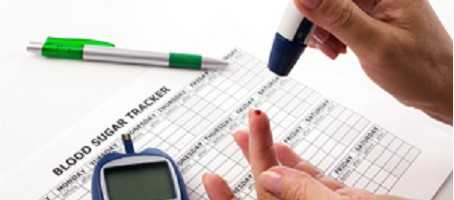A cell line known as “Melligen” cells shows promise as a treatment for type 1 diabetes after researchers reported it can reverse the diabetic condition.
What are Melligen cells?
Melligen cells are derived from human liver cells and are capable of regulating blood glucose levels as insulin can be produced on demand.
Tests were carried out by Professor Ann Simpso, a member of PharmaCyte Biotech’s international Diabetes Consortium and colleagues at the University of Technology Sydney and the University of Sydney in Australia.
These were designed to assess if Melligen cells secrete insulin when responding to physiological concentrations of blood glucose.
When transplanted into diabetic mice, their blood glucose levels became normal, despite their immune systems not properly functioning.
The bodies of the diabetic mice began to produce insulin when responding to increasing blood sugar levels, with researchers indicating this reversed the condition of diabetes.
Protecting the Melligen cells
Encapsulating the cells for protection from the immune system once transplanted into diabetic patients is the next step for Simpson’s team, who believe that should this be possible, a credible cure may be on offer for type 1 diabetes.
To do this, the research team are working with PharmaCyte Biotech’s live cell encapsulation technology, Cell-in-a-Box.
Simpson said: “It is hoped that the Melligen cells, which have been shown to reverse diabetes in rodents with a normal response to glucose, once encapsulated in the Cell-in-a-Box® capsules, will be an easily accessible treatment for patients.”
The findings of this study, entitled “Reversal of diabetes following transplantation of an insulin-secreting human liver cell line: Melligen cells”, appeared in the journal Molecular Therapy – Methods and Clinical Development.
What's new on the forum? ⭐️
Get our free newsletters
Stay up to date with the latest news, research and breakthroughs.




